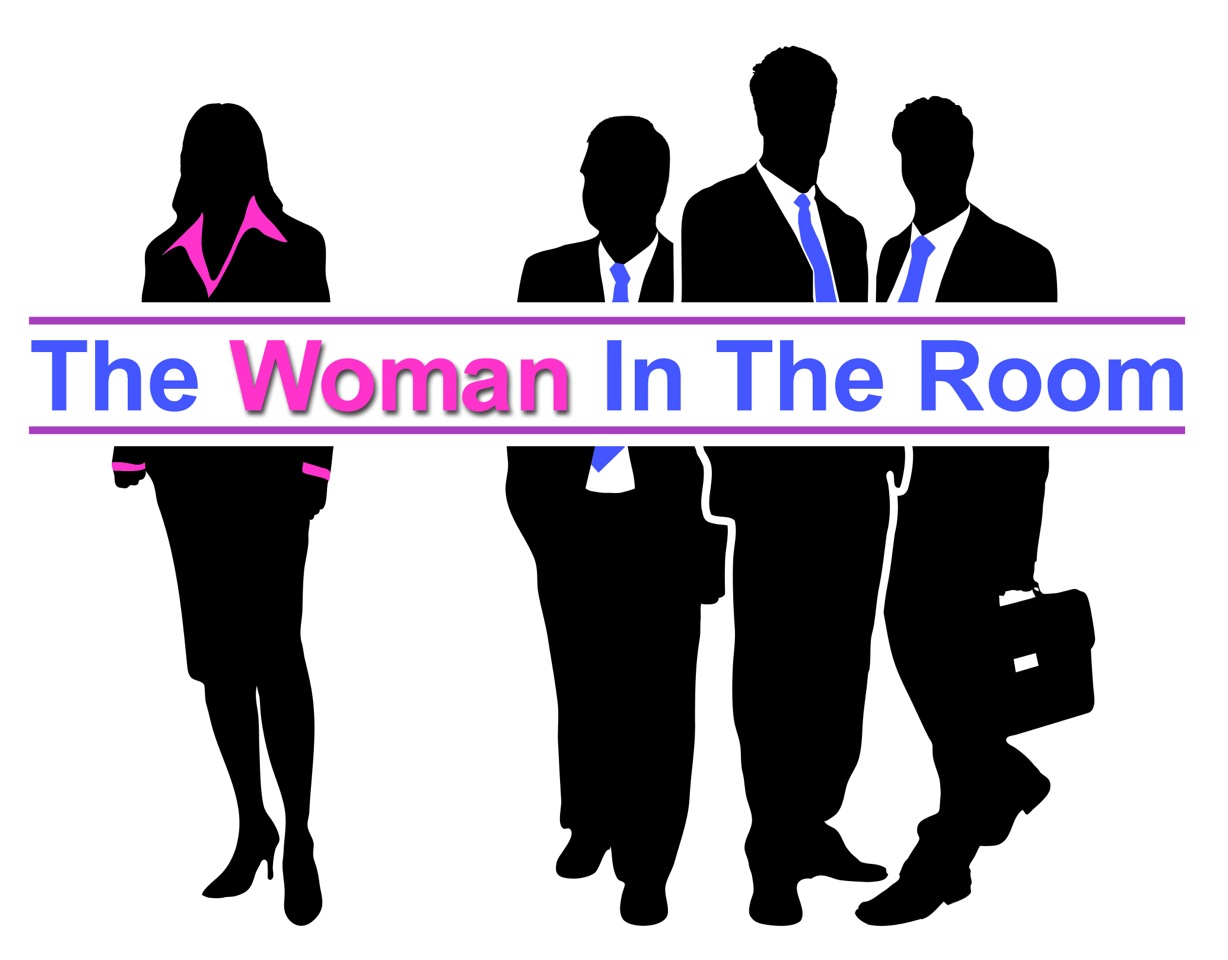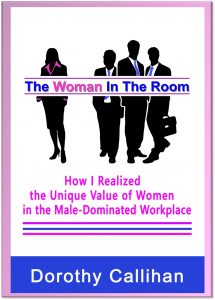
www.123rf.com 23735932
I remember when it was rare to be a woman in the workplace who wasn’t a secretary or in HR. I began my engineering career in the Air Force on a base with 5,000 airmen. When I arrived you could count the number of female officers on one hand and the senior ranking woman was a 1st Lt.
Using today’s popular narratives, you would expect that we faced horrible conditions – discrimination, sexual harassment, subjugation etc.
Not true.
Instead there was a lot of curiosity. That curiosity led to questions. The questions led to countless conversations about the role of men and women in the workplace and in the home.
Those conversations happened informally in offices and in shops. They also happened formally through a committee of women the base leadership established. Anyone could bring their questions and concerns about working with the opposite sex to the committee.
The example I remember is a NCO in aircraft maintenance who came to us about his one female aircraft mechanic. While working in the hanger it got hot so he told everyone they could take off their fatigue top and just work in their t-shirts. Back in those days, we wore white t-shirts so when the woman took off her fatigue top you could see her bra through it…and it was leopard print. The NCO had her put her fatigue top back on but then he was worried about her working in the heat. He reassigned her to a different task which wasn’t fair to her or the men.
Our solution was simple. The female aircraft mechanic should wear a white or beige bra with her uniform and save the leopard print for her civilian clothes. We also told the NCO that her bra will still be visible under her t-shirt (we all knew this from personal experience) but he and the other male mechanics just had to deal with it. (Yes, we were still a bit prudish back then.)
Later we followed up with the female mechanic and she said everything worked out fine.
What was drastically different between those days and today is that back then we had open honest direct communication where anyone could honestly express their point of view, fears or vulnerabilities. No subject was off limits. And no one was told their ideas and opinions were wrong.
We recognized that we were all in new territory. We recognized that most men had no experience working with a woman as a peer just like we had no experience working with men. Therefore our objective was to broaden everyone’s perspective and comfort zone without incrimination.
Through our very politically incorrect conversations men and women got to know each other and build the relationships necessary for women to realize our equality.
That is how it was for about 20 years. Then everything changed. Suddenly we were all being called into training seminars where we were “educated” about each other. We were told what we could and could not say.

www.123rf.com 31134098
As the woman in the room, the spotlight was on me. “Diversity” singled me out and labeled me as “different.” I was told in front of my male colleagues that I could bring my issues to HR or the Diversity office and they would help me, confidentially.
My response was “I don’t have any issues.”
The trainer however looked at me as if to say, “You can tell us what’s really going on later.”
I could feel the walls going up in all of my male colleagues.
After the training I talked to my boss. He asked me if there were any issues I never voiced and I told him there weren’t. But the trust was damaged. We could no longer talk openly and honestly as we always had. For several months the guys and I walked around on eggshells with each other as I slowly re-built their trust.
I was furious.
I was furious at the arrogance of a training seminar swooping in and damaging both my relationships and my career.
I was furious that these supposed experts were ignorant of the one rule that helped women like me – open and honest communication.
I was beyond furious that they didn’t talk to me before the training. They just assumed that I was a timid, insecure woman who couldn’t stand up for herself. I felt more insulted and degraded by something meant to empower me than I had ever felt by an incident in my career.
And I wasn’t the only woman who felt that way. I knew many women who broke through all kinds of barriers without any outside help who felt like our strength and confidence were no longer politically correct. We were supposed to sit around and talk about how we were “victimized” evn though we didn’t feel like victims. We wanted to talk about how we tackled issues, kicked butt and distinguished ourselves.
After years of diversity training classes, it was one of the last ones I attended that finally gave me some satisfaction. My diverse team and I sat through 2 hours of being told how to be politically correct with each other. Immediately afterwards, we all looked at each other and said “We’re going to keep doing what we’ve been doing.” And we all walked out.
Very concerned, the trainer came to see me. I unloaded on her. I told her she didn’t know the first thing about being a woman like me and she sure as heck didn’t know the men I worked with and supervised. I told her we were a tight team and we weren’t going to allow her or anyone else to divide us. We all experienced that before and this time we decided to take a stand and say “No.”
I realize that what I resented all those years was that someone who never walked in my shoes and never talked to me about my experiences thought they had the credentials to tell me how to deal with being the woman in the room.
But more so than that, I felt like my voice and the voice of other experienced women didn’t count. More accurately, we were supposed to remain silent because what we had to say may contradict the popular or media-driven narratives.
That has to change. We need to bring back open and honest conversation so more women with real-world experience can lead in advancing women in the workplace. We after all, are the ones who can say “Been there, dealt with that, let me tell what works.”
Empowered Women Know Open and Honest Conversations Work Wonders


